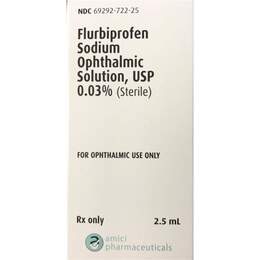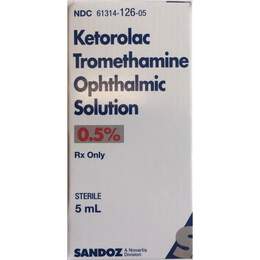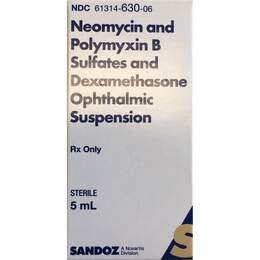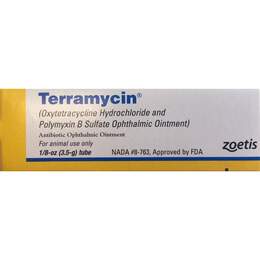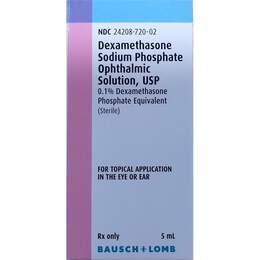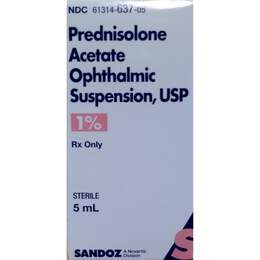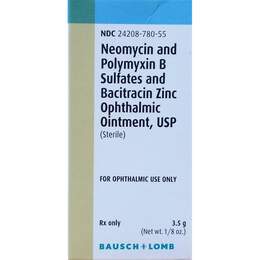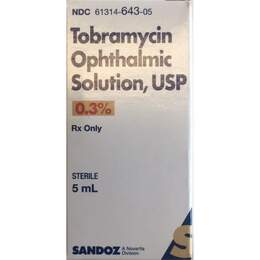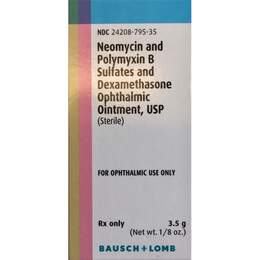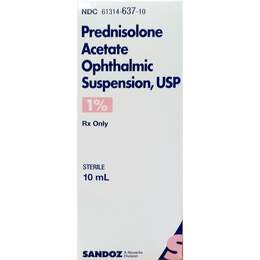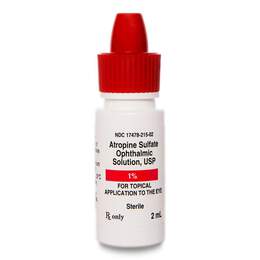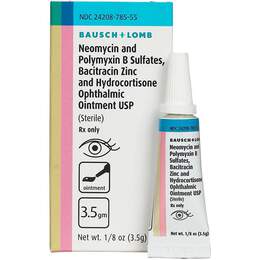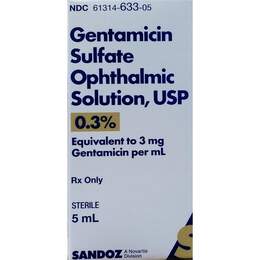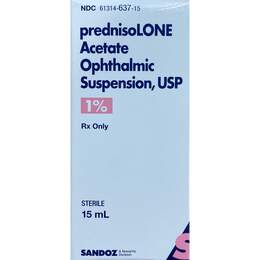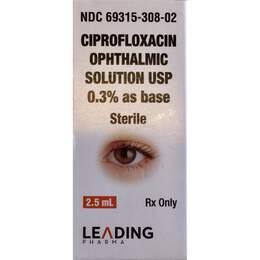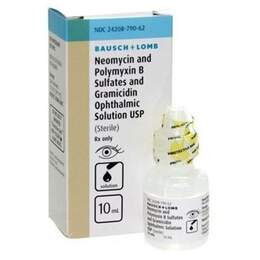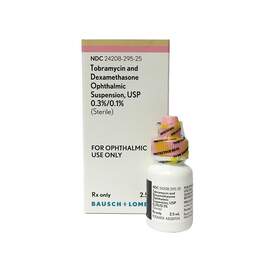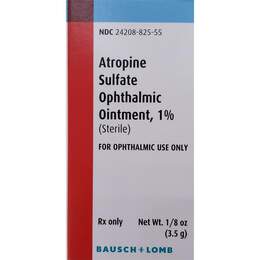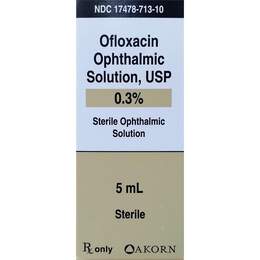Dog Eye Infection Treatment
Why does my dog have an eye infection?
Dogs, especially certain breeds, are highly susceptible to eye infections. Therefore, eye infections are a common concern among dog owners. Dogs can encounter bacteria, viruses, parasites, trauma, foreign matter, or another infected dog, quickly causing eye irritation. Luckily, many dog eye infection treatment options are available for quick relief! Allivet carries plenty of options for antibiotic eye ointment, topical antibiotics oral antibiotics, and antibiotic eye drops for dogs. With all these treatment options, dog eye infection treatment can be simple.
What are the symptoms of an eye infection in dogs?
Some of the most common and obvious signs of an eye infection are:
- Discharge – Dog eye discharge can present in several ways.
- Green or yellow discharge – A possible sign of infection or conjunctivitis (pink eye)
- White discharge – Dry eye or possible eye infection
- Brown discharge – Could be tear stains, dirt or infection
- Red discharge – Potential infection or tear staining
- Speak to your veterinarian about prescribing dog pink eye treatment, about medication for other eye issues or infections, and about how to treat eye discharge in dogs.
- Eye Boogers - Dog eye boogers are extremely common and may not always indicate a serious issue, but why do dogs get eye boogers? Clear or watery discharge might indicate allergies or a foreign body in the eye. Certain breeds are more prone to eye boogers, but yellow, red, and green eye boogers dog can be signs of an infection. Taking time to learn how to clean dog eye boogers can be a helpful step in treating this symptom.
- Blinking and squinting
- Holding the eye shut
- Sensitivity to light
- Pawing and rubbing the eye
- Itching
- Swelling
- Pain
- Redness
What are the options for dog eye infection treatment?
Your veterinarian may prescribe eye ointment or drops for the treatment of eye infections. Some of the most popular and effective dog eye infection treatment options are:
- Terramycin – An excellent choice for antibiotics for dog eye infection, this eye ointment for dogs contains Polymyxin and Oxtetracycline and is an effective treatment for conditions like pink eye, conjunctivitis, corneal ulcer, and other eye infections caused by susceptible organisms.
- Flurbiprofen – These non-steroidal anti-inflammatory (NSAID) eye drops for dogs contain the active ingredient Flurbiprofen Sodium, a potent eye medicine for dogs. This medication is used to treat inflammation.
- Keterolac – This ophthalmic solution contains Ketorolac Tromethamine, an NSAID that effectively treats eye inflammation and pain.
- Tobramycin – This medication is another great option for antibiotics for dog eye infection. This ophthalmic solution treats eye infections caused by susceptible bacteria.
Allivet also carries a host of other veterinarian-recommended options for infection treatment, inflammation remedies, and pink eye medicine for dogs. Remend Drops, Prednisolone, and Gentamicin are just a few of the other medications your vet might prescribe. Whether you’re searching for the best antibiotic eye drops for dogs, an impressively effective suspension or ointment, an oral antibiotic, or simply a daily drop for dry eyes, Allivet has everything you need to care for your dog’s eyes. After successful treatment, consider adding supplements into your dog's routine to supplement their nutritional needs and maintain good health.


